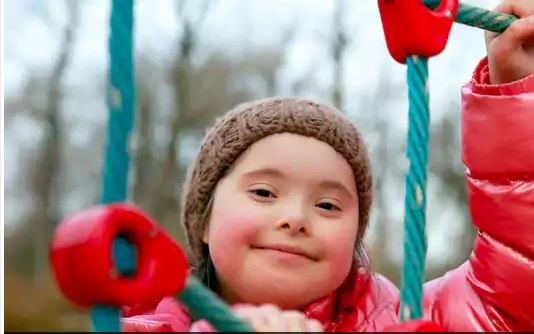
Throughout Michigan, education programs and resources that enhance learning are available for most young children. Through public school districts, special education support and services for preschool-aged children with a developmental delay or disability are available for those who qualify. Communication is key, experts say. “My best advice is to visit your child’s school to meet the teachers, to see other children having fun, and to explore the playground,” said Diane McGraw, parent mentor for the Michigan Alliance for Families (http://www.michiganallianceforfamilies.org/). “Then talk to your preschooler about the visit and see what they’re thinking and feeling.” McGraw also suggests providing opportunities for your preschooler to play with peers in school-like settings such as library story time, child care or play dates. Build Up has online resources (https://buildupmi.org/kindergarten-readiness) and articles to help adults decide if their child is ready for school. Here are a few suggestions to consider from Michigan State University Extension: Give children opportunities to remember and follow multistep directions. Use everyday tasks such as setting the table or cleaning play areas as chances to practice directions. For instance, “Wash your hands and come to the table for dinner.” Teach children how to share and take turns with others. Take time to teach children about their feelings and emotions, and help them learn how to label them with words. Help children learn to pay attention by playing games, singing songs and reading with them, as well as listening to them. Provide children with the opportunity to feel proud of themselves by giving descriptive feedback such as, “You used lots of colors in that drawing!” instead of just “Good job!” “As you contemplate kindergarten, remember that children develop and learn at different rates and there’s a range that’s ‘normal,’” Callahan said. “But if you’re concerned that your child is not learning and developing as he or she should be, there is help.”
